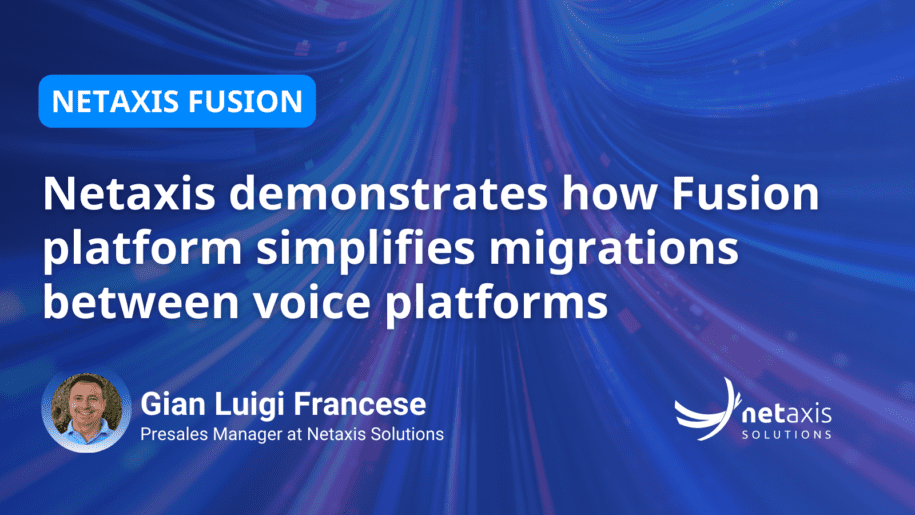OpenAI Simplifies Voice Assistant Development: 2024 Developer Event Highlights

Table of Contents
Streamlined Natural Language Processing (NLP) with OpenAI's Latest Models
Creating a truly intelligent voice assistant hinges on robust Natural Language Processing (NLP). OpenAI's 2024 event showcased significant strides in this area, making NLP integration simpler and more effective for developers.
Improved Speech-to-Text Accuracy and Efficiency
OpenAI has significantly improved the accuracy and speed of its speech-to-text capabilities. This is crucial for building responsive and reliable voice assistants. Key improvements include:
- Reduced latency by 30%: Faster processing means quicker responses, leading to a more seamless user experience.
- Improved accuracy in noisy environments: OpenAI's models now handle background noise more effectively, making them suitable for real-world applications.
- Support for more languages: Expanded language support opens up voice assistant development to a wider global audience.
- Whisper API updates: Significant advancements within the Whisper API offer developers enhanced accuracy and performance, especially when dealing with diverse accents and audio qualities.
Enhanced Intent Recognition and Dialogue Management
Beyond simply transcribing speech, understanding user intent is critical. OpenAI's latest models exhibit significant improvements in this area:
- Contextual understanding improvements: The models now better understand the context of a conversation, leading to more accurate and relevant responses.
- Easier integration with dialogue management frameworks: OpenAI provides streamlined integrations, making it simpler to build complex, multi-turn conversations.
- Advanced sentiment analysis: Better understanding of user sentiment allows for more empathetic and tailored responses.
Simplified Integration and Deployment with OpenAI's APIs
OpenAI's commitment to developer-friendly tools and APIs is a game-changer for voice assistant development.
User-Friendly APIs for Seamless Integration
Integrating OpenAI's powerful NLP and speech capabilities into existing applications is now incredibly straightforward:
- Clear documentation: Comprehensive and easy-to-understand documentation guides developers through the integration process.
- Simplified SDKs: Software Development Kits (SDKs) are available for various programming languages, making integration quick and efficient.
- Example code readily available: OpenAI provides numerous code examples, allowing developers to quickly prototype and build their voice assistants.
Cost-Effective Solutions for Scalable Voice Assistant Development
Building voice assistants from scratch can be incredibly expensive. OpenAI offers a cost-effective alternative:
- Pay-as-you-go pricing model: Developers only pay for the resources they consume, making it ideal for startups and small businesses.
- Reduced infrastructure costs: Developers don't need to invest in and maintain expensive server infrastructure. OpenAI handles the underlying infrastructure.
Advanced Features for Enhanced User Experience
OpenAI's advancements extend beyond the technical aspects, focusing on creating truly engaging user experiences.
Personalized Voice Assistant Experiences
OpenAI's tools enable developers to build highly personalized voice assistants:
- Customizable voice profiles: Users can personalize their voice assistant's voice and behavior.
- Adaptive learning capabilities: The voice assistant learns from user interactions, adapting to individual preferences over time.
Improved Voice Cloning and Synthesis for Natural Sounding Interactions
OpenAI's improvements in voice synthesis result in more natural and engaging interactions:
- More natural intonation and inflection: Synthesized speech sounds less robotic and more human-like.
- Reduced robotic sound: OpenAI's advancements make synthesized speech almost indistinguishable from human speech in many cases.
Unlocking the Potential of Voice Assistants with OpenAI
OpenAI's 2024 developer event showcased remarkable advancements that dramatically simplify voice assistant development. By streamlining NLP, offering user-friendly APIs, and providing advanced features for enhanced user experiences, OpenAI has lowered the barrier to entry for creating sophisticated and engaging voice assistants. The key benefits for developers include reduced development time, lower costs, and the ability to create more personalized and natural-sounding interactions. Visit the OpenAI website to explore the latest APIs and documentation, and start simplifying your voice assistant development journey today!

Featured Posts
-
 Swedens Tanks Finlands Troops A Pan Nordic Defense Force
Apr 22, 2025
Swedens Tanks Finlands Troops A Pan Nordic Defense Force
Apr 22, 2025 -
 Pope Francis Death At 88 Legacy And Reactions
Apr 22, 2025
Pope Francis Death At 88 Legacy And Reactions
Apr 22, 2025 -
 Why Investors Shouldnt Fear High Stock Market Valuations A Bof A Perspective
Apr 22, 2025
Why Investors Shouldnt Fear High Stock Market Valuations A Bof A Perspective
Apr 22, 2025 -
 Navigate The Private Credit Boom 5 Dos And Don Ts
Apr 22, 2025
Navigate The Private Credit Boom 5 Dos And Don Ts
Apr 22, 2025 -
 January 6th Hearing Witness Cassidy Hutchinson To Publish Memoir This Fall
Apr 22, 2025
January 6th Hearing Witness Cassidy Hutchinson To Publish Memoir This Fall
Apr 22, 2025
